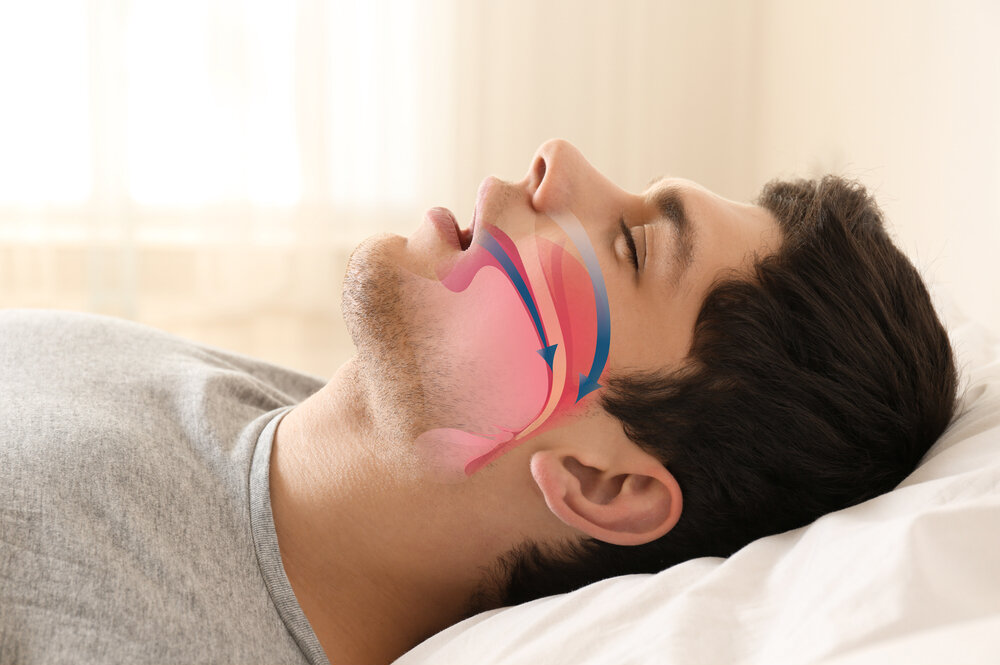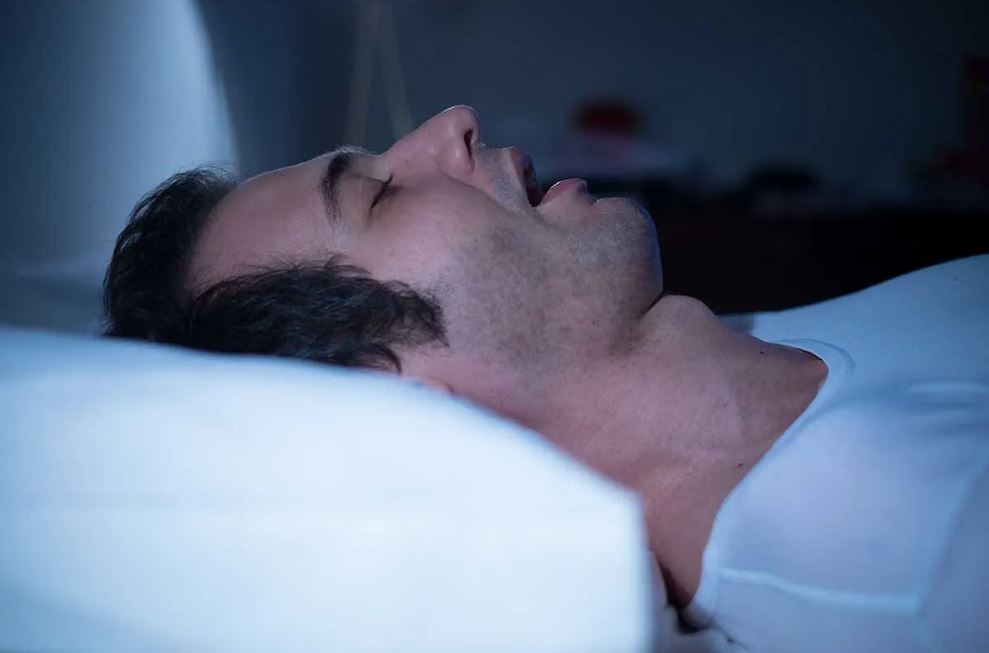Hormones play a critical role in restful sleep, and getting enough rest is essential for producing those hormones properly. Poor sleep and hormone imbalances can occur even if you practise good sleep hygiene – a regular, healthy, and restful pattern of bedtime activities.
Occlusive sleep apnea, the fundamental reason of your poor sleep and hormone abnormalities.
You can be suffering from a sleep breathing issue and not even know it. Every year, millions of individuals (particularly women) go without a diagnosis, yet a simple sleep study can reveal if this widespread sleep issue is doing havoc on your health.
Here’s a quick primer on sleep apnea for those who haven’t yet been diagnosed with the condition. Learn how therapy can bring about greater hormone balance if you have been diagnosed but have not sought treatment or have been inconsistent in your treatment.
Obstructive Reduced airflow during sleep or numerous pauses in breathing throughout the night describe the sleep disease known as sleep apnea.

Indicators of sleep apnea include:
Constant gasping, snorting, or choking in sleep Excessive daytime tiredness despite getting what seems like a full night’s sleep
Because those who suffer from sleep apnea might not understand why they aren’t receiving enough restful sleep, the problem is often misdiagnosed and goes untreated.
Numerous health issues, such as diabetes, high blood pressure, and obesity, can be caused by or made worse by sleep apnea. Impairment in cognitive function, cardiovascular disease, and insulin resistance are among long-term complications of untreated sleep apnea. The disruption of your hormonal balance during sleep is a major contributor to many of these problems.
The Impact of Sleep Apnea on Hormone Balance
European Respiratory Journal reported research showing that a variety of hormones, including testosterone, growth hormone, aldosterone, and vasopressin, had their serum levels or secretion patterns altered by sleep-disordered breathing.
Hormones were discovered to have an effect on sleep-disordered breathing in this investigation. Symptoms of sleep apnea may be caused by or made worse by endocrine abnormalities; nevertheless, these conditions are treatable.
Both sleep apnea and hormonal fluctuations can have a multiplicative effect on one another.
Because of this feedback loop, receiving effective therapy may be difficult. As an example, correcting a hormone imbalance may not be enough if sleep issues are not adequately addressed, and vice versa for untreated sleep apnea.
Patients who are overweight, elderly, or women going through menopause are at increased risk for obstructive sleep apnea and other hormone abnormalities, which can have serious health consequences.

Endocrine Problems and Sleep Apnea
Metabolic and endocrine diseases such as hypogonadism, hypercortisolism, and osteoporosis are more common in persons with obstructive sleep apnea, according to research published in the Archives of Medical Science. Premature death is one of the potential outcomes of these diseases.
A lack of quality sleep due to sleep apnea was found to interfere with bone-building processes, the study showed. This is because alterations to your circadian cycle have been linked to an increase in bone fragility and fracture risk, especially in those over the age of 65.
Hormonal balance in both sexes can be affected by sleep apnea. Breathing is influenced by a number of sex hormones, including progesterone, androgens, and oestrogen, however it is unclear which sex hormone has the most significant role.
Sleep deprivation has been linked to changes in both of these hormones and in sexual performance.
Sleep apnea causes cardiovascular abnormalities that are connected to the same reasons that cause erectile dysfunction, and we’ve previously discussed how sleep apnea and sleep deprivation can induce sexual dysfunction in a prior post. In fact, low testosterone levels are seen in around half of all cases of sleep apnea in men.
Extreme cases of sleep apnea, hypertension, and cardiovascular disease are all linked to elevated levels of the hormone aldosterone, which is also associated with obstructive sleep apnea. The symptoms of OSA can be mitigated, however, by inhibiting this hormone.
The exact relationship between sleep apnea and endocrine diseases is still unclear and requires more study. However, sleep apnea may be treated, and its effects on insulin resistance, hypertension, and weight loss can be mitigated or eliminated altogether with prompt and appropriate care.

Serum Hormone Levels with Continuous Positive Airway Pressure
When you treat your sleep apnea, you may find that your other health problems improve as a side effect. CPAP treatment is the gold standard for treating this condition.
Continuous positive airway pressure (CPAP) is a treatment for sleep apnea that uses a constant flow of air to gradually open the airway, allowing the patient to breathe normally and have a good night’s rest.
A good night’s sleep using CPAP can do more than just make you feel more refreshed in the morning; it can also help reverse or avoid subsequent health concerns from a variety of coexisting diseases.
Sleeping using a CPAP machine, for instance, can aid in restoring your body’s hormone production to normal levels. You can help your body make enough of its important hormones like ghrelin, leptin, and insulin by going back to a regular sleep schedule every night. Reducing the severity of type 2 diabetes symptoms is dependent on the body’s ability to digest glucose, and CPAP can assist with both.
Identifying the Appropriate Time to Seek Care
Hormonal imbalance that you can’t pin down may have its root in an undiagnosed sleep issue like obstructive sleep apnea or insomnia.
Keep an eye out for the following signs if you or a loved one are dealing with hormone imbalance, endocrine diseases, or metabolic illnesses. Possible symptoms of a sleep disorder that has yet to be identified:
It takes longer than 30 minutes to fall asleep; you gasp, choke, or snore during sleep; you wake up more frequently during the night than you expect; you get up sooner than you want to every morning.
No one should ever disregard the possibility of a hormonal imbalance, and this is especially true if they are also experiencing sleep problems. You can start sleeping better and feeling healthier by contacting Air Liquide Healthcare right away.
